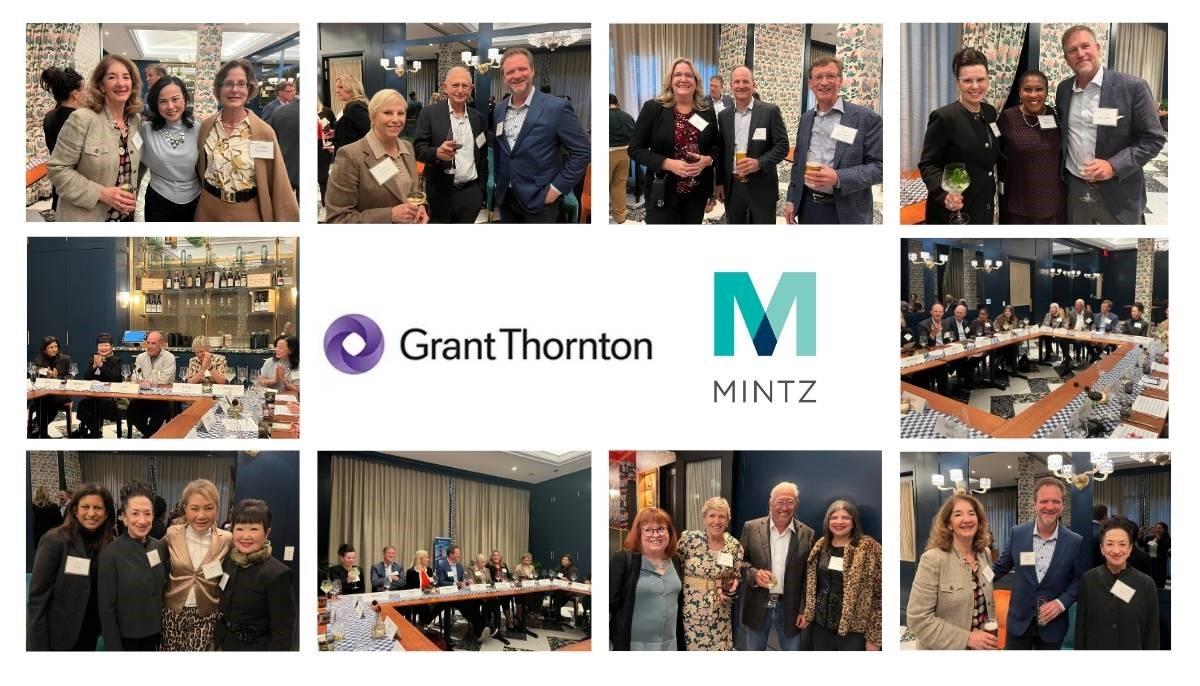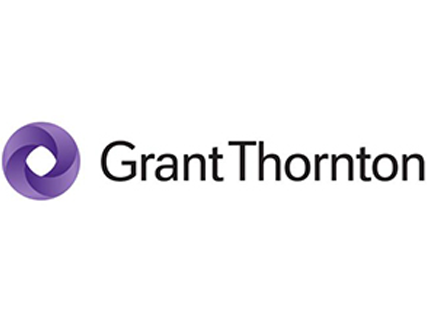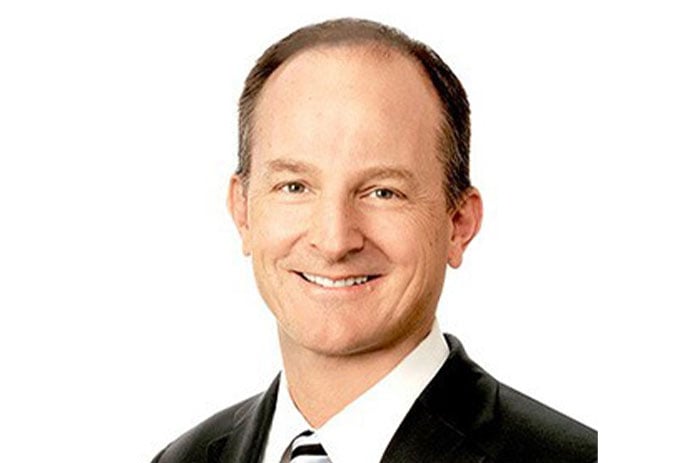Finding Clarity in the Chaos:
How Private Company Boards Can Stay Focused and Strategic
Archive

NACD Northern California
Contact Us
Lisa Spivey,
Executive Director
Kate Azima,
Director of Partnerships & Marketing
programs@northerncalifornia.nacdonline.org
Find a Chapter
About The Event
We brought together a select group of private company directors for a peer-driven dinner to explore the most pressing challenges facing private boards today.
The discussion was guided by Steve Osborn of Mintz, Tony Perazzo of Grant Thornton, and Jack Lazar, seasoned private company board director and NACD Private Company Director of the Year 2025. Together, the group shared perspectives on how private company boards can position themselves for success in 2026 and beyond, addressing the evolving dynamics between the board and CEO, the role of the first independent director, and how to navigate ongoing disruption driven by technology, geopolitics, and market change.
KEY TAKEAWAYS
Private Companies in 2025
- Private companies are no longer just “small and fast”—many now have large revenues, complex operations, and governance needs on par with public companies, particularly as private companies are staying private for longer.
- For smaller companies, cash flow and capital management remain existential, making governance feel optional—but that mindset shifts around Series B/C funding as they move toward an exit and investors demand more discipline.
- Boards must help founders evolve from tactical decision-making to strategic thinking.
Risk and Resilience
- Equity reorganizations can destabilize boards if not handled transparently.
- “AI slop” is emerging as both an operational and strategic concern.
- Black-swan events (tariffs, crises, geopolitical shocks) are occurring more frequently.
- The directors’ role in a crisis is to avoid panic, digest information, and respond with steady judgment.
- “It’s never as bad or as good as you think” is a reminder to maintain perspective.
- Boards must define which risks matter most for private companies versus public peers.
- Regulatory shifts, such as the European and California AI Act, are becoming increasingly relevant (see “California AI Act” below for more information).
Governance and Board Structure
- Public-company governance benefits from independence and structure; private boards often lack these guardrails until problems surface.
- In family-owned and venture-capital-backed companies, having only one independent director raises questions of real influence.
- Conflicted transactions in Delaware (i.e., “cram downs”) are now encouraged to have at least two independent directors (see brief summary under “Delaware Two Independent Director Safe Harbor” below).
- Compensation committees are often the most tactical way to exert board influence—bringing discipline to CEO reviews, key performance indicators, and pay alignment. Consequences must be enforced if KPIs aren’t met.
- Compensation committees also help ensure employee pay structures are competitive with public benchmarks as the company grows.
- US disclosure practices tend to be more robust than in other markets, shaping expectations even for private companies and a possible pitfall when serving on ex-US company boards.
The Role of the Independent Director
- Independents act as neutral liaisons between management and investors, surfacing issues the CEO cannot and serving as a sounding board for the executive team.
- They can facilitate difficult conversations, often pre-gaming ideas with stakeholders before bringing them formally to the board.
- Independence, neutrality, and communication are the greatest contributions of the role.
- Industry expertise or CEO experience gives independents credibility, especially in leadership transitions.
- When joining VC-backed boards, independents must ensure their role is respected and expectations are set from the start.
CEO Leadership and Coaching
- The central governance question remains: Is the CEO the right person to lead?
- In private companies, replacing the CEO is often harder than in public companies, as VCs may be founder-friendly and founders struggle to let go.
- Neutral third parties (e.g., lawyers or independents) can support tough CEO succession conversations.
- Coaching is highly valuable but should remain separate from performance evaluation.
- Younger CEOs are proactively requesting coaches and to be part of peer group exchanges, signaling cultural change.
- Bringing coaches into board settings helps normalize leadership development and strengthening CEO performance without it feeling targeted to one individual.
Talent and Growth
- Private companies are competing directly with public firms for talent, requiring more structured compensation and governance.
- Artificial intelligence is reshaping the workforce, accelerating the need for mentorship and leadership-development pipelines.
- Family businesses often lag in governance and equity structure, but generational change is slowly pushing more formal practices.
- Independent directors in family businesses face unique challenges when ownership resists change.
SPEAKERS

Thank you to our partners.
 |
 |
NACD Northern California
Contact Us
Lisa Spivey,
Executive Director
Kate Azima,
Director of Partnerships & Marketing
programs@northerncalifornia.nacdonline.org
Find a Chapter
By registering for an NACD or NACD Chapter Network event, you agree to the following Code of Conduct.
| NACD and the NACD Chapter Network organizations (NACD) are non-partisan, nonprofit organizations dedicated to providing directors with the opportunity to discuss timely governance oversight practices. The views of the speakers and audience are their own and do not necessarily reflect the views of NACD. |




